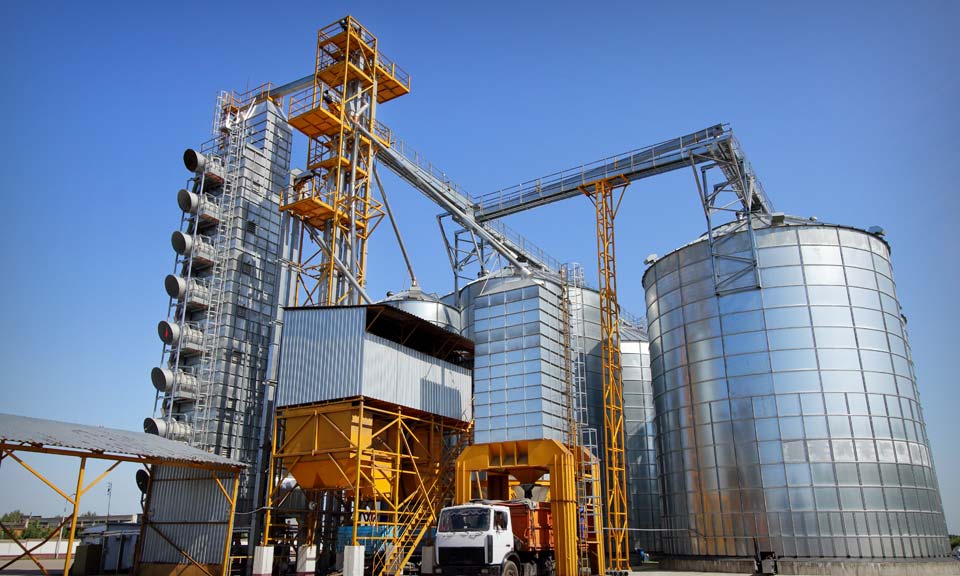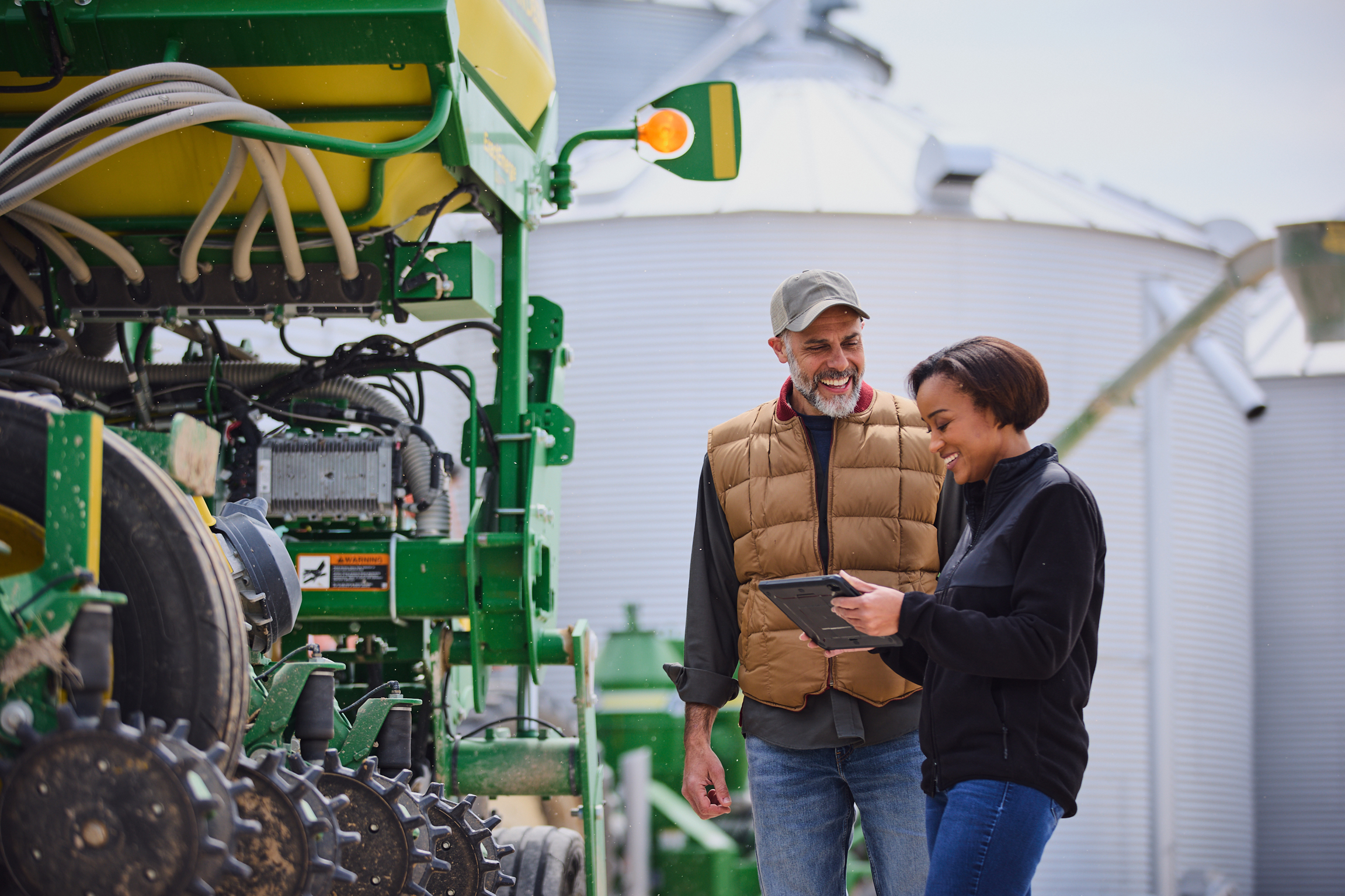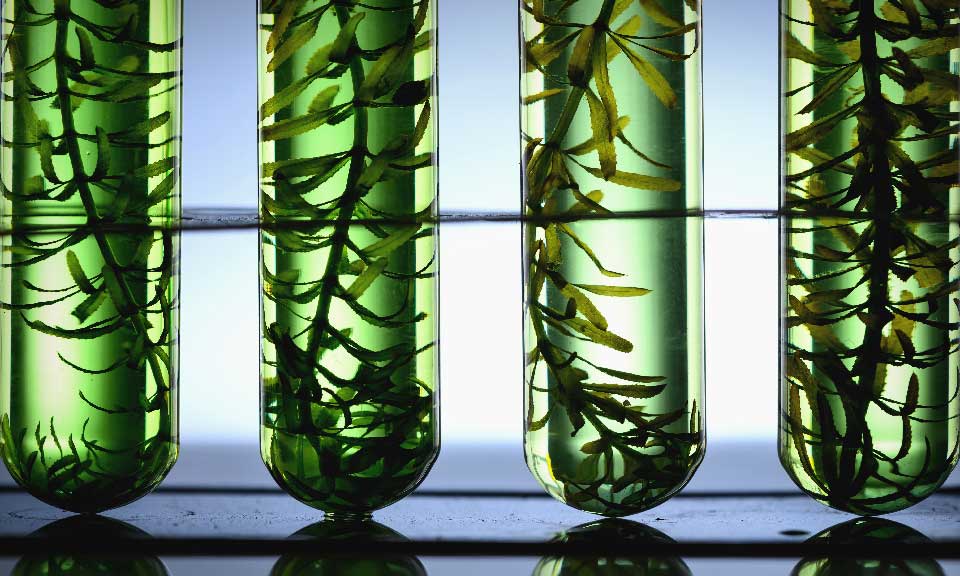Illinois sweetens incentives for increased biodiesel use with new tax exemption law

Illinois extended the current tax exemption on sales of B10 biodiesel until 2023 with passage of a new law, which will also increase the biodiesel blend level subject to the tax exemption incrementally through 2026, according to an April 20 statement from the Clean Fuels Alliance.
The Illinois law currently in place gives biodiesel retailers a 20% exemption of the state's 6.25 % excise tax for selling blends containing between 1% to 10% of biodiesel. The new bill signed into law by Illinois governor J.B. Pritzker will keep that sales exemption in place through 2023, and then increases biodiesel blend levels subject to the tax exemption to B13 in 2024, B15 in 2025 and B19 in 2026.
"This innovative tax exemption program in Illinois, which has been in place since 2003, has drawn hundreds of millions of gallons of biodiesel into the state. This modification, signed by Governor Pritzker today, will expand that demand and solidify Illinois as a leading source and user of better, cleaner biodiesel," said Clean Fuels CEO Donnell Rehagen in the statement.
The legislation was spearheaded and guided through the legislative process by the Illinois Soybean Association (ISA) with support from Clean Fuels Alliance America and several of its member companies, including Archer Daniels Midland and Renewable Energy Group, to increase use of biofuels and reduce greenhouse gas emissions.
Illinois is currently fourth among all states in biodiesel production and third in consumption with 160 million gallons consumed annually, according to the statement. Energy Information Administration data showed Illinois biodiesel production of 174 million gal/yr in 2021.
Illinois also ranks among the biggest producers of soybeans in the country.
US Department of Agriculture data showed the state to be the largest producer of soybeans in 2021, producing 672.6 million bushels.
Demand for biodiesel is being supplanted by demand for renewable diesel, which has the same chemical structure as petroleum diesel. While both are made from renewable sources which include used cooking oil, beef tallow, and soybean oil, RD burns more cleanly than biodiesel because it does not have to be blended with a petroleum product.
The new law will help keep more soybean oil in-state to be processed at Illinois biodiesel refineries rather than shipped out-of-state to renewable diesel and sustainable aviation fuel producing facilities. As of 2021, the state also had four biodiesel plants, down from the five it had in 2020, according to the EIA.
The supply of soybean oil remains tight as new RD and SAF projects come online, with one of Illinois' five biodiesel plants shutting down in 2020, as soybean oil prices soared. CBOT soybean oil futures are averaging 75.2 cents/lb so far in Q2 2022, up from the 58.14 cents/lb and 31.3 cents/lb in 2021 and 2020, respectively.

News
Bayer AG has announced the pilot of an expert generative AI (GenAI) system that “quickly and accurately” answers questions related to agronomy, farm management and Bayer agricultural products. The pilot has been developed in collaboration with Microsoft as leading technology partner and Ernst & Young (EY) as an industry partner, the company said. The system is the result of Bayer using proprietary agronomic data to train a large language model (LLM) with years of internal data, insights from thousands of trials within its vast testing network and centuries of aggregated experience from Bayer agronomists around the world, the company said. “Our unique GenAI system has the potential to serve agronomists and benefit farmers all over the world, further advancing AI as an indispensable technology for agriculture,” said Amanda McClerren, CIO and head of digital transformation & information technology for Bayer’s crop science division. Bayer said it is exploring ways to integrate the expert GenAI system into its digital offerings, and the company anticipates broad opportunities for collaboration with other agricultural offerings and partners. “Bayer aims to expand the pilot of the expert GenAI system to selected agronomists and potentially farmers as early as this year, while continuing to advance a separate GenAI prototype allowing users to directly query their own farm data,” the company said. In addition, the partnership between Bayer and Microsoft enables the company to bring ready-made capabilities, AgPowered Services, to the agri-food industry, such as Bayer’s Historical Weather that brings a comprehensive weather dataset to Azure Data Manager for Agriculture that spans the last 40 years and provides detailed, field-level weather insights across global agricultural regions, the company said. Integrating tools from IBM, including from the IBM Environmental Intelligence Suite, the new capability, which was previously available for internal use only, can inform weather risk assessments and actuary processes, Bayer said. It will also be used by Bayer and others to forecast crop seasonality and production changes year over year, as well as train agronomic models, it said. Meanwhile, Bayer is developing a connector that enables access to irrigation data from Lindsay Corp., an industry-leading irrigation solution provider. This expands the data types available to Azure Data Manager's enterprise customers, making it possible for them to connect to irrigation data in the same way as weather, imagery, original equipment manufacturer (OEM) and other data types, the company said. The new cloud offerings will also support regulatory and sustainability reporting, such as providing supply chain traceability that can help ensure compliance with new laws such as the EU Deforestation Regulation, which is expected to go into effect at the end of 2024, Bayer said. This article was first published in chemweek.com. Photo credit: Bayer

News
Asia has seen the fastest growth in biofuels production and exports globally, driven by government policies and export markets for feedstocks. To capitalize on the boom, governments have rapidly pushed out biofuel mandates focused around their country’s main agricultural products. Presently, the largest biofuel producers in the region are China, India, Indonesia, Malaysia, the Philippines and Thailand. Here’s a ready reckoner for Asia’s major biofuel policies along with production, trade and prices. Click for the full-size infographic